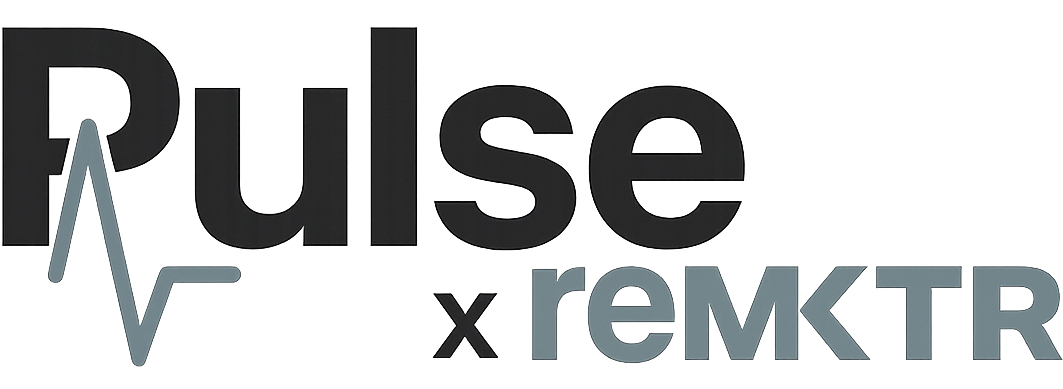Claude 4 Launches in Amazon Bedrock: A New Era for AI Coding Models

Anthropic has unveiled its latest advancements in AI technology with the launch of Claude 4, featuring two powerful models—Opus 4 and Sonnet 4—now available in Amazon Bedrock. These models are designed to enhance coding capabilities, advanced reasoning, and the development of autonomous AI agents, providing developers with cutting-edge tools for their projects.
Key Takeaways
- New Models: Introduction of Claude Opus 4 and Sonnet 4 for coding and reasoning tasks.
- Enhanced Capabilities: Improved task planning, tool use, and agent steerability.
- Targeted Use Cases: Opus 4 excels in complex coding tasks, while Sonnet 4 is optimized for high-volume production workloads.
- Hybrid Reasoning: Both models offer instant responses and extended thinking modes for deeper analysis.
- Global Availability: Models accessible in multiple AWS regions across North America, APAC, and Europe.
Overview of Claude 4 Models
The Claude 4 models are designed to tackle a variety of coding challenges. Opus 4 is the most advanced model from Anthropic, focusing on sophisticated AI agents capable of reasoning, planning, and executing complex tasks with minimal oversight. It is particularly effective in software development scenarios that require deep reasoning and extended context.
In contrast, Sonnet 4 is optimized for efficiency and responsiveness, making it ideal for high-volume tasks such as code reviews, bug fixes, and feature development. This model serves as a subagent in multi-agent systems, handling specific tasks within broader workflows.
Features of Claude Opus 4
- Advanced Intelligence: Capable of managing long-running tasks like refactoring large codebases and synthesizing research.
- Performance Benchmarks: Demonstrates superior performance in coding benchmarks, making it a top choice for developers.
- Task Management: Can analyze documentation, plan implementations, and iteratively refine code while maintaining context.
Features of Claude Sonnet 4
- Efficiency at Scale: Designed for everyday development tasks with immediate feedback loops.
- Production-Ready: Suitable for real-time applications and continuous integration and delivery (CI/CD) pipelines.
- Task-Specific Subagent: Performs well in targeted roles such as code reviews and feature development.
Hybrid Reasoning Models
Both Opus 4 and Sonnet 4 offer hybrid reasoning capabilities, allowing developers to choose between near-instant responses for interactive applications and extended thinking for tasks requiring deeper analysis. This flexibility is particularly beneficial for complex workflows in software engineering and scientific research.
Getting Started with Claude 4
Developers can easily access Opus 4 and Sonnet 4 through Amazon Bedrock. To begin, users need to enable the models in their AWS accounts and utilize the Bedrock Converse API. This API provides a consistent interface for all models, simplifying the coding process.
For example, developers can create agents to review code by defining system prompts and user messages, allowing the AI to provide detailed feedback on concurrency issues in programming languages like Swift.
Conclusion
The launch of Claude 4 in Amazon Bedrock marks a significant advancement in AI coding models, offering developers powerful tools to enhance their workflows. With its focus on advanced reasoning and task management, Claude 4 is set to transform how developers approach coding challenges, making it easier to build sophisticated applications and systems. As these models become available globally, the potential for innovation in AI-driven development is immense.





